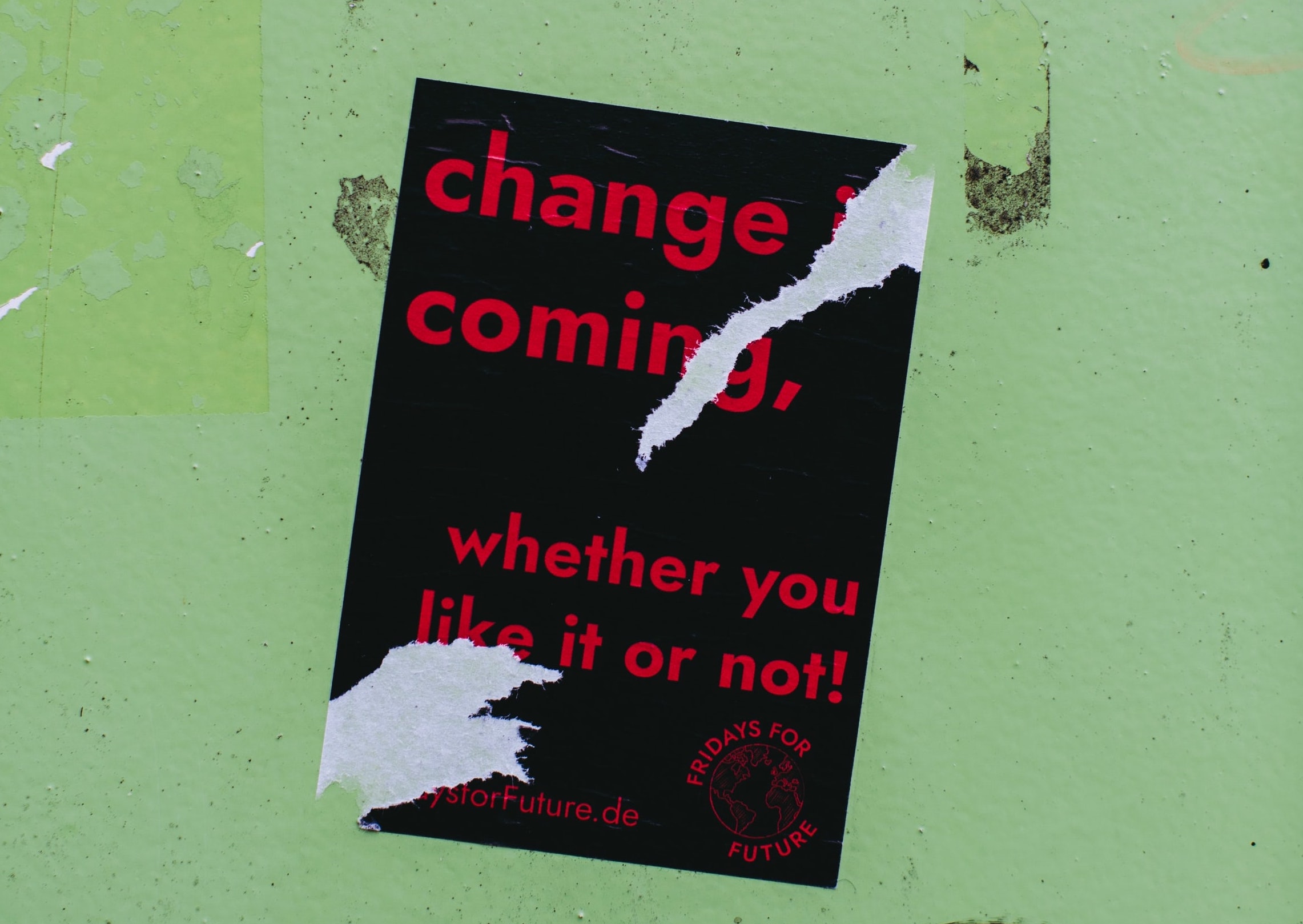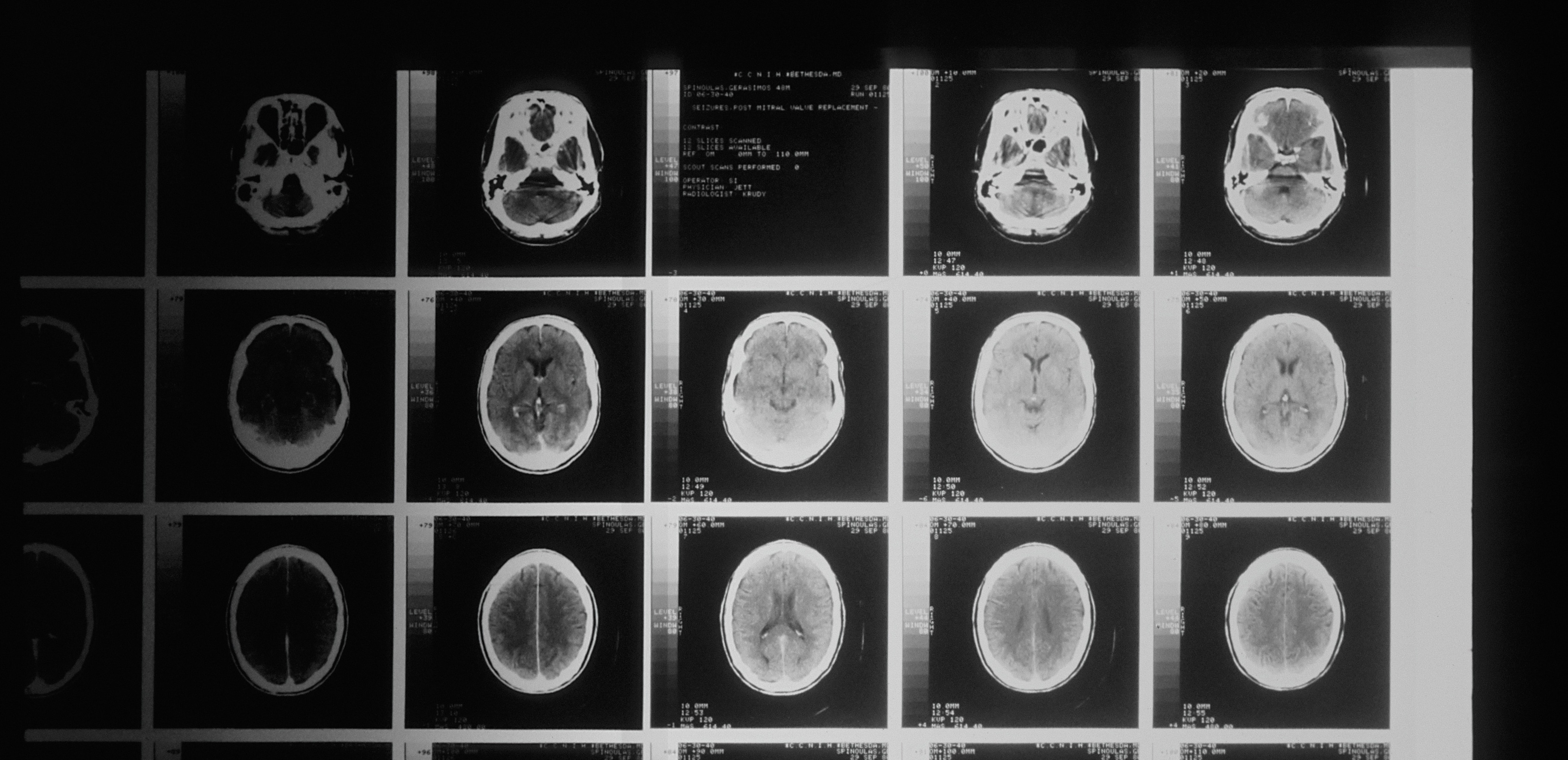My Research
Below is a summary of my work.
Understanding Mechanisms That Drive Behavior Change Link to heading

In this line of research, we focus on understanding what moves people to shift behavior. For example, how do individuals change behavior to go along with the group behavior (in what situations/for what types of behaviors)? From a developmental perspective, how do people develop perceptions of norms (specifically fairness) from young children to adults, and whether their perceptions translate into actions? We approach these questions using behavioral experiments and computational modeling.
Relevant publications/presentations:
- Yueyi Jiang, Przemysław Marcowski, Arseny Ryazanov, & Piotr Winkielman (in review). Gambling with Lives and Money: Evidence for Conformity in Moral and Monetary Decisions under Risk
- Xu, J., Jiang, Y., Yu, M., Ai, H., Aleman, A., Luo, Y., & Xu, P. (under review; Jiang shares the first authorship). Inverted U-shaped Development of Norm Adaptation (pre-print coming soon)
Detecting and Measuring Mental Well-being Link to heading

Mental health conditions, especially depression, is one of the leading causes of disability worldwide. Notably, similar to depression, loneliness is a pervasive and growing public health concern, with negative mental and physical health outcomes. These negative consequences can translate into excess health care costs, placing burdens on the government. This line of work focuses on improving early detection of mental health status, in particular loneliness. Specifically, we use large-scale social media data and computational techniques to detect and examine mental health at both group and individual level.
Relevant publications/presentations:
- Yueyi Jiang, Yunfan Jiang, Liu Leqi, & Piotr Winkielman (2022). Many ways to be lonely: fine-grained characterization of loneliness and its potential changes in COVID-19
Ongoing projects:
- How can social media data help us understand loneliness and mental health concerns?
- Who is lonelier? Association between loneliness and Instagram user characteristics
- Exploring the relationship between collectivism and loneliness using social media data: a cross-cultural examination
Diagnosing and Treating Depression Link to heading
 Patients with major depressive disorder (MDD) vary substantially in treatment response. This heterogeneity of treatment effects poses a challenge to clinical decision-making. This is partly due to heterogeneity of symptom presentations: there are over 1,000 unique combinations of symptoms that would qualify for a diagnosis of MDD. In this line of work, we seek to improve our understanding of the functional and structural abnormalities of the depressed brain. The goal of this research is to develop effective treatment plans and identify those who are at risk for depression.
Patients with major depressive disorder (MDD) vary substantially in treatment response. This heterogeneity of treatment effects poses a challenge to clinical decision-making. This is partly due to heterogeneity of symptom presentations: there are over 1,000 unique combinations of symptoms that would qualify for a diagnosis of MDD. In this line of work, we seek to improve our understanding of the functional and structural abnormalities of the depressed brain. The goal of this research is to develop effective treatment plans and identify those who are at risk for depression.
Relevant publications/presentations:
- Kumar, P., Ramrajvel, S., Jiang, Y., Nickerson, L., & Pizzagalli, D (2022). Structural Connectome of Reinforcement Learning Constructs and its Association With Depressive Phenotypes
- Poornima Kumar, Yueyi Jiang, & Alexis Whitton (2021). Brain imaging of reward dysfunction in unipolar and bipolar mood disorders
- Yueyi Jiang, Isobel Green, Diego A. Pizzagalli, & Poornima Kumar (2017). Model-based Learning in Individuals with Depression
Other Projects Link to heading
Zhengxuan Wu & Yueyi Jiang (2019). Disentangling Latent Emotions of Word Embeddings on Complex Emotional Narratives